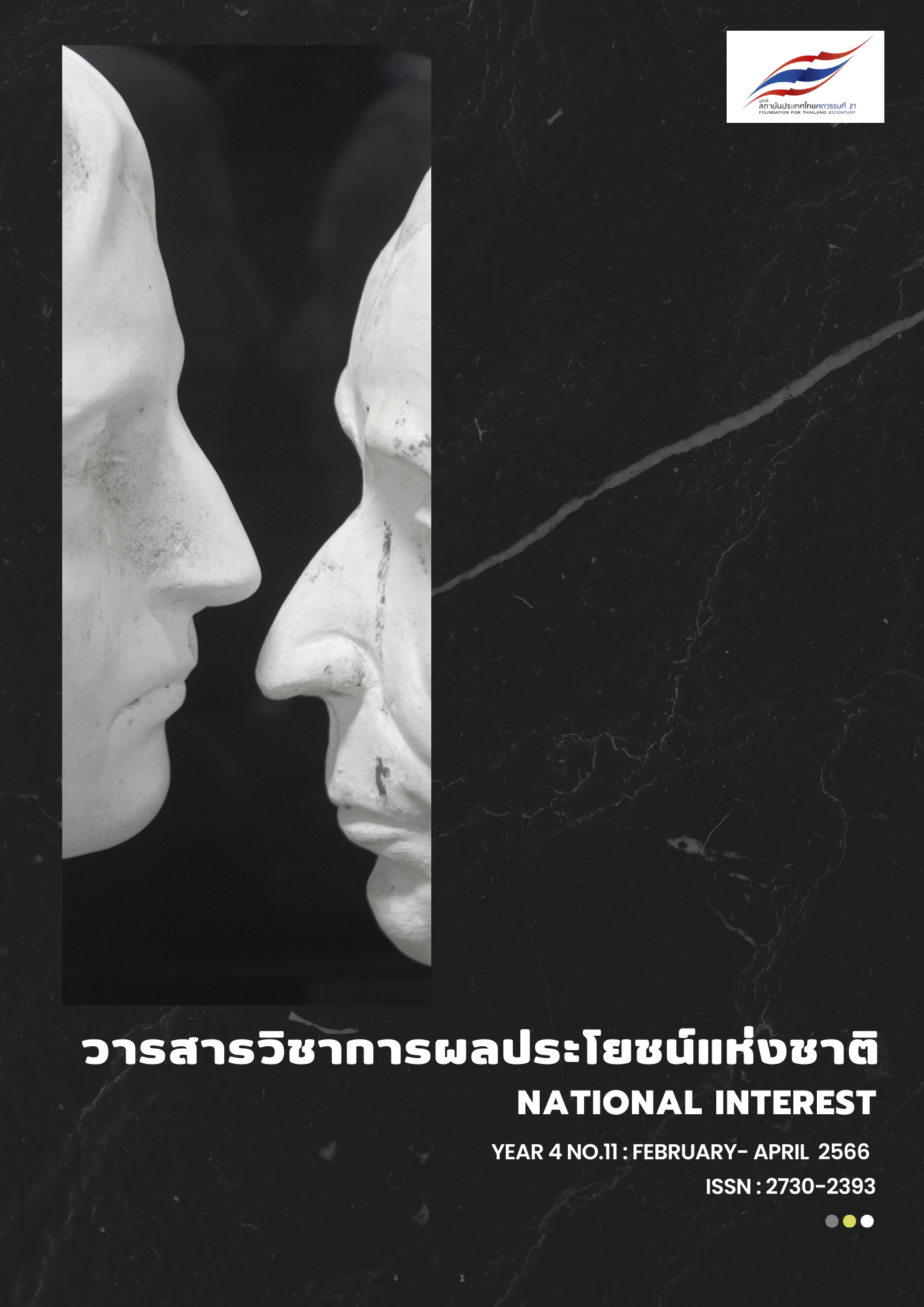The Geopolitical choices of Armenia amidst the transformation of Post-cold war global order
Main Article Content
Abstract
The article analyzes the transformation of the Post-Cold War order, and its implications for Armenia. It argues, that after the 2007-2008 world financial crisis, the Unipolar Post-Cold War order started its transformation towards multipolairty. This transformation triggered the geopolitical competition between great powers, such as the US, China, and Russia, while the war in Ukraine brought the West and Russia to a direct confrontation. The relative decline of the US as the world sole superpower resulted in the rise of power struggle for regional dominance adding instability in different corners of the world. Located in the strategic crossroad between Russia, Middle East, Europe and Central Asia, South Caucasus has become one of the battlefields between global and regional powers vying for influence and domination. In the backdrop of rapidly changing global and regional context, Armenia faces two primary choices. To become a Western bulwark against Russia, assuming the role of Georgia under the president Saakashvili, and fostering partnership with Turkey and Azerbaijan to balance against Russia and Iran, or to strengthen its relations with Russia, India, and Iran, seeking to balance Turkey’s and Azerbaijan’s growing regional ambitions and preventing the transformation of Armenia into Azerbaijan’s and Turkey’s political and economic backyard.
Article Details

This work is licensed under a Creative Commons Attribution-NonCommercial-NoDerivatives 4.0 International License.
National Interest Academic Journal under Creative Commons Attribution-NonCommercial-NoDerivatives 4.0 International License The journal allows access or distribution of academic work without charge or registration. To support the exchange of knowledge Scope covers academic work in geopolitics. Geoeconomics and Innovation
Users can share, copy and distribute all information published in National Interest Academic Journal in any form or medium subject to the following conditions:
Citation — Permission to use, reproduce, distribute, or modify the work. But credit must be given to the owner of the work. If the work is used without credit, the name of the owner of the work will be Must obtain permission from the owner of the work first.
Noncommercial — The work may be used, reproduced, distributed, or modified. However, the work or article may not be used for commercial purposes.
Cannot be modified — The work may be used, reproduced, and distributed. But do not modify the work. unless permission is received from the owner of the work first
References
Baku – Azerbaijan: 10 December 2020. Azerbaijan Turkey and Pakistan flags in the Karabakh Victory
Barack Obama: Russia is a regional power showing weakness over Ukraine. 2014, 25 March.
https://www.theguardian.com/world/2014/mar/25/barack-obama-russia-regional-power-ukraine-weakness
Declaration of the Summit on Financial Markets and the World Economy. (2008). Washington DC,
November 15, 2008. http://www.g20.utoronto.ca/2008/2008declaration1115.html
Deen, Bob, Wouter, Zweers, Camille, Linder. (2023). The EU in the South Caucasus, Navigating a Geopolitical Labyrinth in Turmoil. Clingendael Report,
Fukuyama, Francis. (1992). The End of History and the Last Man. NY: The Free Press.
Gordon, Nicholas. (2022). Biden’s efforts to starve China of chips are rewriting the rules of global trade–
and even U.S. allies are balking at the upheaval. December 17, 2022. https://fortune.com/2022/12/17/semiconductor-exports-free-trade-subsidies-china-ban-biden-morris-chang-tsmc/
Jaishankar, S. (2020). The Indian Way: Strategies for an Uncertain World. HarperCollins.
Lieberthal, Kenneth G. (2011). The American Pivot to Asia. December 21, 2011.
https://www.brookings.edu/articles/the-american-pivot-to-asia/
Maria Zakharova: Pashinyan's allegations about Russia posing threats to Armenia – absurd. 13 January
https://ccbs.news/en/article/6750/
National Security Strategy. October 2022.
Pamuk, Dilan. (2021). Turkey, Azerbaijan, Pakistan issue joint declaration. 14.01.2021.
https://www.aa.com.tr/en/asia-pacific/turkey-azerbaijan-pakistan-issue-joint-declaration/2109284
Pashinyan: Russian peacekeepers becoming “silent witnesses” to Karabakh depopulation. December 29,
Poghosyan, Benyamin. (2021). In the South Caucasus, Tehran has its red lines too. 04.10.2021.
https://www.commonspace.eu/opinion/opinion-south-caucasus-tehran-has-its-red-lines-too
Poghosyan, Benyamin. (2023). Persian Gulf–Black Sea Transport Corridor. February 16, 2023.
https://www.indrastra.com/2023/02/sitrep-persian-gulfblack-sea-transport.html
Prime Minister Nikol Pashinyan holds press conference. 10.01.2023.
Staff, Asbarez. (2022). Armenia’s Security Chief Angers Kremlin After Claiming Yerevan is ‘Forced to
Join Russia-Belarus Union’. December 27, 2022. https://asbarez.com/armenias-security-chief-angers-kremlin-after-claiming-yerevan-is-forced-to-join-russia-belarus-union/
Stepanian, Ruzanna, (2022). Armenia ‘Forced To Join Russia-Belarus Union’. 27.12.2022.
https://www.azatutyun.am/a/32195524.html
Speech and the Following Discussion at the Munich Conference on Security Policy. 2007-02-10.
http://en.kremlin.ru/events/president/transcripts/copy/24034
Survey: Growing skepticism in Armenia about Russia, even before recent fighting. 20 Sep, 2022.
Tharoor, Shashi, and Saran, Samir. (2020). The New World Disorder and the Indian Imperative. Aleph
Book Company.
Trabzon Declaration of the Ministers of Foreign Affairs of the Republic of Azerbaijan, Georgia and The
Republic of Turkey. 08 June 2012, Trabzon. https://www.mfa.gov.tr/trabzon--declaration-of-the-ministers-of-foreign-affairs-of-the-republic-of-azerbaijan_-georgia-and-the-republic-of-turkey_-08-june-2012_-trabzon.en.mfa
US National Security Strategy. December 2017.
https://trumpwhitehouse.archives.gov/wp-content/uploads/2017/12/NSS-Final-12-18-2017-0905.pdf


